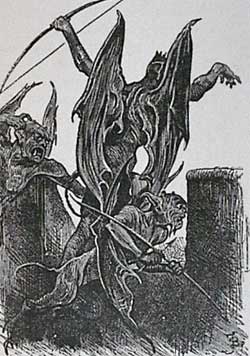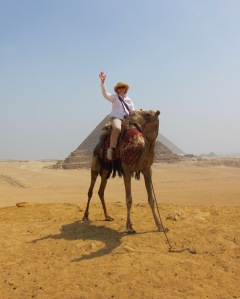“The university is a place where the worst moments of human behavior can become the most important teachable moments for those committed to sharing the secrets of justice, equity, and mercy in twenty-first-century civilization with its weaponized social media and violent legacies of racism and injustice . . . When Demons Float provides a penetrating and detailed critical ethnography of twenty-first-century academia in a racialized society and transnational world and reminds us that violence is at the root of all racism.”
—Cheryl Townsend Gilkes, Professor of African American Studies and Sociology, Colby College
“Susan Thistlethwaite’s third of a murder mystery trilogy is the best yet. Characters come into full bloom, and the story is compelling and all too timely, full of twists and turns that make it a page turner. Stark resemblance to contemporary life sends an extra chill up the reader’s spine. No escapist fiction here. White racism, police corruption, and other fascist elements in a culture riven with hatred and marbled with the blood of innocents emerge in demonic relief.”
—Mary E. Hunt, Co-director, Women’s Alliance for Theology, Ethics and Ritual (WATER)
“Fascinating and engaging. Susan Thistlethwaite has succeeded in seamlessly bridging the confusing gap between the so-called ‘real world’ and the online world of young, white men. American boys are being recruited into fascist terrorist cells and we ignore this at our peril. When Demons Float describes the hard truths of our present age. Every parent, teacher, and preacher needs to read this book.”
—Nathan Dannison, Senior Minister, First Congregational Church of Kalamazoo


 Fiction writing has become a way for me to resist the way in which our times literally stifle the creative instincts before they are even born. More and more I have come to believe Internet culture is destroying narrative and thus the human capacity to think for more than 2 seconds straight.
Fiction writing has become a way for me to resist the way in which our times literally stifle the creative instincts before they are even born. More and more I have come to believe Internet culture is destroying narrative and thus the human capacity to think for more than 2 seconds straight. I am about two-thirds finished with my forthcoming mystery novel, Every Wickedness.
I am about two-thirds finished with my forthcoming mystery novel, Every Wickedness.
